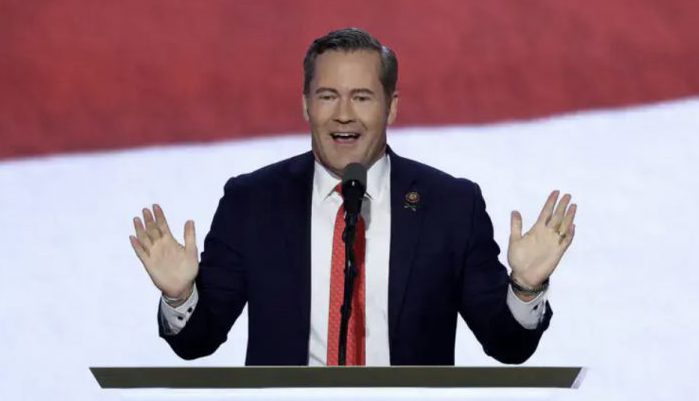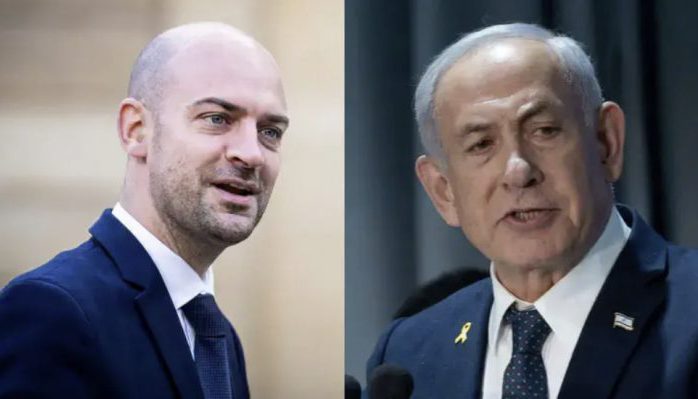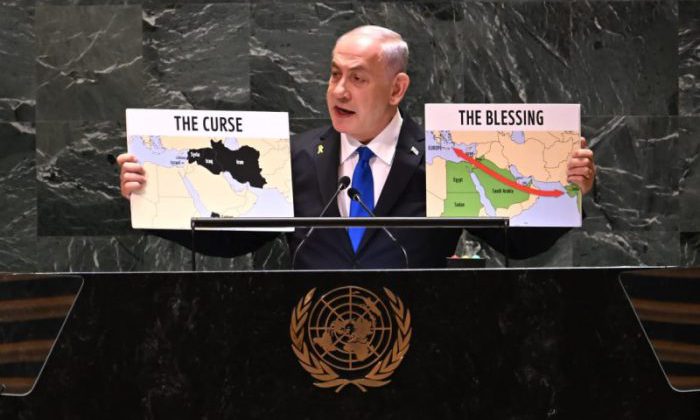Mike Waltz faces bipartisan criticism over a mistaken Signal chat leak during his UN ambassador confirmation hearing, defending his actions as authorized and non-classified.
In a heated Senate confirmation hearing on Tuesday, former National Security Advisor Mike Waltz came under fire for his use of an encrypted Signal group chat to coordinate discussions on a sensitive U.S. military operation in Yemen—an incident that mistakenly involved a journalist and raised alarms across Capitol Hill.
Waltz, who is now seeking confirmation as the next U.S. Ambassador to the United Nations, defended his use of Signal messaging, saying it was “authorized and encouraged” under previous administration protocols. The controversy erupted after Waltz mistakenly added The Atlantic editor-in-chief Jeffrey Goldberg to a private chat that included information about the timing and targets of a planned U.S. airstrike.
Democratic senators were unsparing in their criticism. “I’ve seen you not only fail to stand up but lie,” said Senator Cory Booker (D-NJ), expressing what he called “deep disappointment” in Waltz’s leadership judgment. Senator Chris Coons (D-DE) further pressed the issue, calling the incident “a blatant breach of operational sensitivity,” citing Waltz’s disclosure of strike timing and locations.
Waltz acknowledged his error during a previous Fox News appearance, where he took “full responsibility” for the chat’s creation. At the hearing, however, he emphasized that the messages never included classified content and that the White House had issued no formal rebuke or disciplinary action.
“There’s a difference between secrecy and classification,” Waltz argued. “Signal was used widely—and remains in use—for secure but unclassified communication among senior officials.”
The former Special Forces officer and congressman served as National Security Advisor for just over three months before being replaced by Secretary of State Marco Rubio. Despite his brief tenure, he continues to serve in an advisory capacity and confirmed that he is still on the federal payroll.
Waltz’s nomination followed a change in direction by President Trump, who had initially tapped Rep. Elise Stefanik (R-NY) for the UN role. That nomination was withdrawn in March due to concerns over maintaining GOP control of the House.
During the hearing, Waltz criticized the United Nations for what he called its “radical politicization,” particularly regarding Israel. He accused the body of drifting from its founding mission and called for structural reforms.
“The UN’s overall budget has quadrupled in the last two decades,” Waltz noted, “but the return on that investment in terms of peacekeeping and global stability has been negligible.”
Waltz pledged to pursue greater accountability and transparency at the UN if confirmed, while vowing to confront what he called the institution’s embedded antisemitism and anti-American bias.
Despite his firm defense, the confirmation process remains clouded by bipartisan unease over the Signal chat mishap—an episode that may ultimately define the trajectory of Waltz’s nomination.





